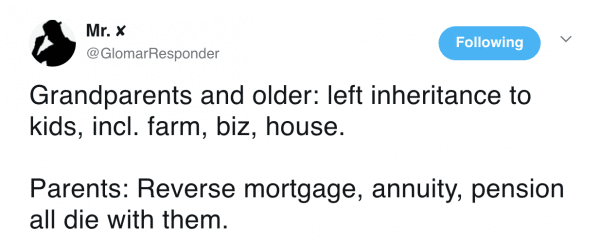MONKEEING AROUND WITH CULTURE, a review of Michael Nesmith’s autobiography, Infinite Tuesday at the Washington Free Beacon:
The old middlebrow knowledge, the aspirations to culture of the middle class as late as the early 1960s, can be discerned in everything from the leather-bound sets of Great Books to the classical themes that made up the background music to Bugs Bunny cartoons. We had a kind of consensus that the high arts, what the Kennedy Center used to celebrate, were the goal of cultural knowledge. And as that consensus died, the music of the Monkees became part of what took its place. The pop songs of the 1960s merged with the movies of the 1970s to fill the vacuum. And regardless of its quality it became the new shared knowledge.
Sometimes that quality was quite high, but it isn’t Bach, Mozart, or Beethoven, and old episodes of I Dream of Jeannie are not Faust. If the key to culture is the greatness of the shared references, then we have no culture in America anymore. If the key is that something is genuinely shared, then we do have culture. We have the Monkees.
Read the whole thing, which is also a rumination on how badly the Kennedy Center awards have fallen, shifting from its earlier celebration of traditional classicism, to embracing pop culture. This year’s nominees include “‘television producer Norman Lear, singer-songwriter Gloria Estefan, music mogul Lionel Richie and hip-hop star LL Cool J,’ all of whom have innumerable other sources of popular praise. What need have we of the Kennedy Center, when its gold medals are just late imitations of the Grammys, Oscars, and Emmys?” (And as we noted yesterday, they’ll have to deal with Trump at their awards ceremony. Perhaps a professional cuddling service will be backstage for the artists.)
As for the Monkees themselves, as the reviewer writes earlier in the article, their music worked in spite of itself. Not least of which because of their powerful assist from the Brill Building pros writing their songs, and in-house, Nesmith wasn’t at all a bad songwriter himself, pioneering the country-rock-pop fusion sound that would print money for the Eagles in the following decade. And it’s worth noting how much of pop music that followed after the Monkees’ demise as a working band has been far worse. William Goldman once noted that “Every Oscar night you look back and realize that last year was the worst year in the history of Hollywood.” You can say the same thing about the Grammys as well.

